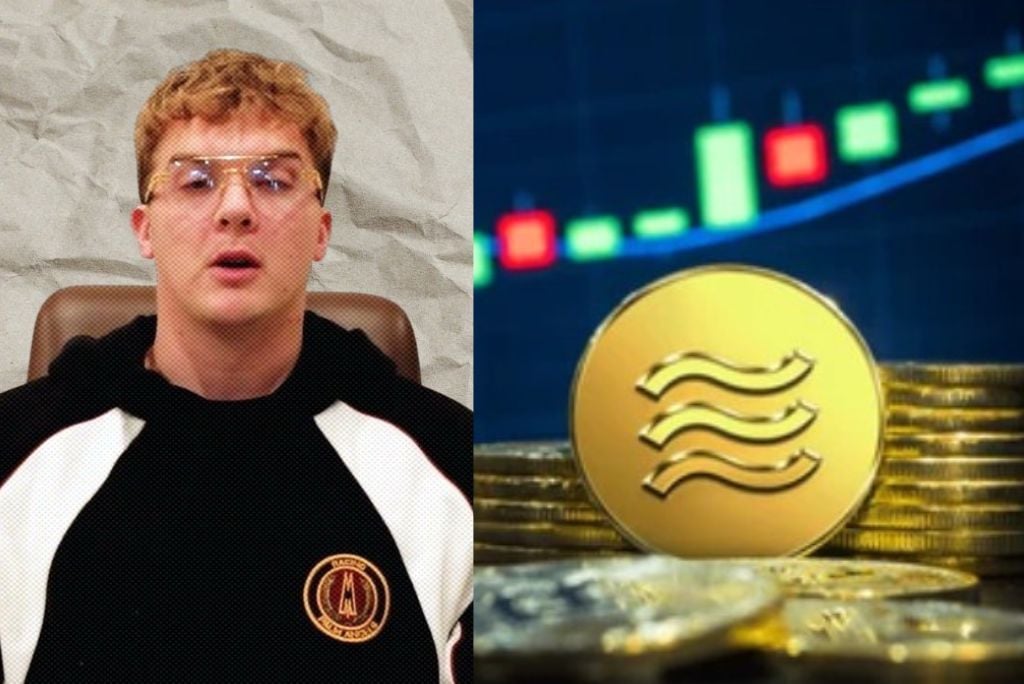The $LIBRA cryptocurrency scandal has triggered an international firestorm, with $280 million in assets frozen by the U.S. government and legal scrutiny intensifying on key players behind what is now seen as one of the most brazen pump-and-dump schemes in crypto history.
From Presidential Endorsement to Market Collapse
The scandal began on February 14, 2025, when Argentine President Javier Milei tweeted an endorsement of $LIBRA, touting it as a private-sector initiative aimed at revitalizing Argentina’s fragile economy. The tweet, which gave the token an air of state-level legitimacy, helped push $LIBRA’s market cap to a staggering $4 billion within hours—before the price collapsed by 94%, leaving tens of thousands of retail investors devastated.
Though Milei’s tweet was deleted within hours, the damage was already done. Over 112 criminal complaints have since been filed in Argentina against Milei and others, and Argentine prosecutors have launched a full investigation.
U.S. Freezes Funds, Targets Hayden Davis
In New York, Judge Jennifer L. Rochon of the Southern District ordered the freezing of $280 million linked to the scandal—including $58 million in USDC stablecoins on the Solana network. The assets were frozen by Circle Internet Group, marking the largest such crypto seizure against an issuer in U.S. legal history.
At the center of the scheme is Hayden Davis, CEO of Kelsier Ventures, along with his father and brother, who plaintiffs allege used “sniper bots,” artificial liquidity pools, and insider manipulation to profit at the expense of 75,000+ investors.
A hearing is scheduled for June 9, 2025, to determine whether the funds will remain frozen or be distributed to victims.
Milei Excluded from U.S. Lawsuit—But Not from the Fallout
While Javier Milei, his sister Karina Milei, and Argentine figures such as Mauricio Novelli and Manuel Terrones Godoy are named in the lawsuit for their promotional roles, they were intentionally excluded as defendants by Burwick Law and Treanor Law to avoid complications with the Argentine state.
Still, the complaint asserts that Milei’s tweet created a false sense of legitimacy, which was central to the token’s meteoric (and deceptive) rise.
In Argentina, prosecutors led by Eduardo Taiano are continuing to investigate Milei and his associates. Requests have been sent to Google, Meta, and Argentine mobile providers to obtain phone records, message logs, and metadata for Karina and Javier Milei dating back to January 2024. Judge María Servini is presiding over the probe.
Meanwhile, businessman Mauricio Novelli, already under investigation, reportedly emptied his safety deposit boxes days after the collapse, raising further suspicion of insider knowledge and fraud.
A Global Wake-Up Call for Crypto Regulation
The $LIBRA collapse has reawakened global fears about the vulnerability of crypto markets, especially when celebrity and political endorsements blur the lines between legitimate investment and financial manipulation.
Also implicated are platforms Meteora and Jupiter, which allegedly facilitated the token’s rapid rise. The leaked recording of a virtual meeting—published by Solana Floor—suggests Hayden Davis exercised full control of the scheme, with Defi Tuna founder Moty Povolotski confirming Davis’s orchestrated dominance.
Even Julian Peh, CEO of KIP Protocol, who claimed his role was purely technical, is now under suspicion for post-launch involvement in deceptive promotion.
Conclusion: Market Freedom vs. Market Fraud
The $LIBRA debacle highlights how crypto innovation, when left unchecked, can rapidly devolve into chaos and criminality. The combination of manipulative tokenomics, state figure endorsements, and global regulatory gaps proved to be a lethal cocktail for small investors.
Both U.S. and Argentine authorities now have a duty to set a precedent: that market freedom does not mean impunity. Fraud is fraud—whether in pesos, dollars, or tokens.

